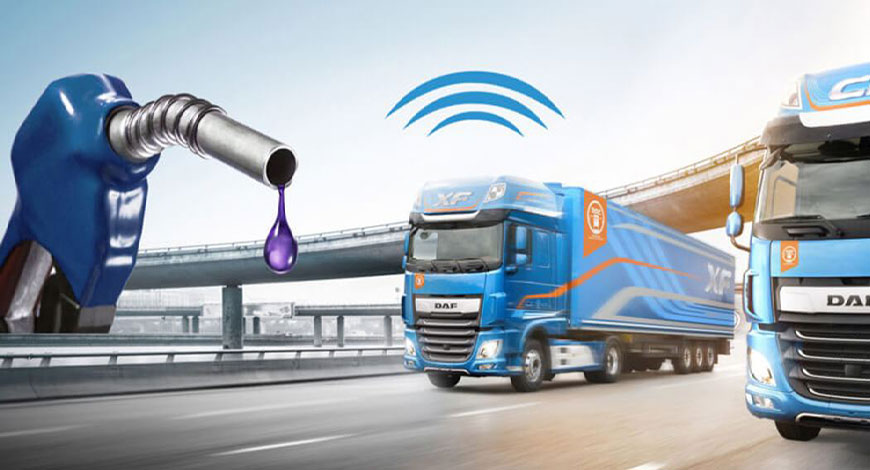
Fuel Petrol ,Diesel ,
Petroleum is used as fuel to power vehicles, heating units, and machines, as well as being converted into plastics and other materials. Because the majority of the world relies on petroleum for many goods and services, the petroleum industry is extremely powerful and is a major influence on world politics and the global economy. The extraction and processing of petroleum, and thus, its availability, is a major driver of the world's economy and geopolitics. Some of the largest companies in the world are involved in the extraction and processing of petroleum, and many other companies create products that are petroleum-based, including plastics, fertilizers, automobiles, and airplanes, for example. Asphalt, which is used to pave highways, is made from petroleum. Vehicles that drive on highways are made of materials derived from petroleum and run on fuels that are derived from petroleum.
Cng Lng, Electric charging
At a time when electric vehicles are fast making their presence felt the world over as well as here in India, cars with CNG kits and the promise of cleaner mobility have been doing the rounds for years together. Providing a cheaper alternative to petrol vehicles, CNG cars have become a common sight in many cities in the country and the numbers are likely to keep surging. But will the increasing options in EVs and the increasing supporting infrastructure sway people away from CNG options? Will the lower running cost of an EV hurt prospects of a CNG-powered option? What about mileage or the so-called range factor?
The commerce ministry’s department of industrial planning and promotion (DIPP) is working on ways to expedite security and other approvals needed from the Petroleum and Explosive Safety Organisation (PESO) to set up new CNG and LNG retail outlets. The government has begun talks with commercial vehicle makers, through GAIL (India) Ltd, the country’s largest gas distributor, to incentivize the development of such eco-friendly vehicles.
- Fuel Petrol
- Diesel
- Cng Lng
- Electric charging
- Two Wheeler
- Four Wheeler
